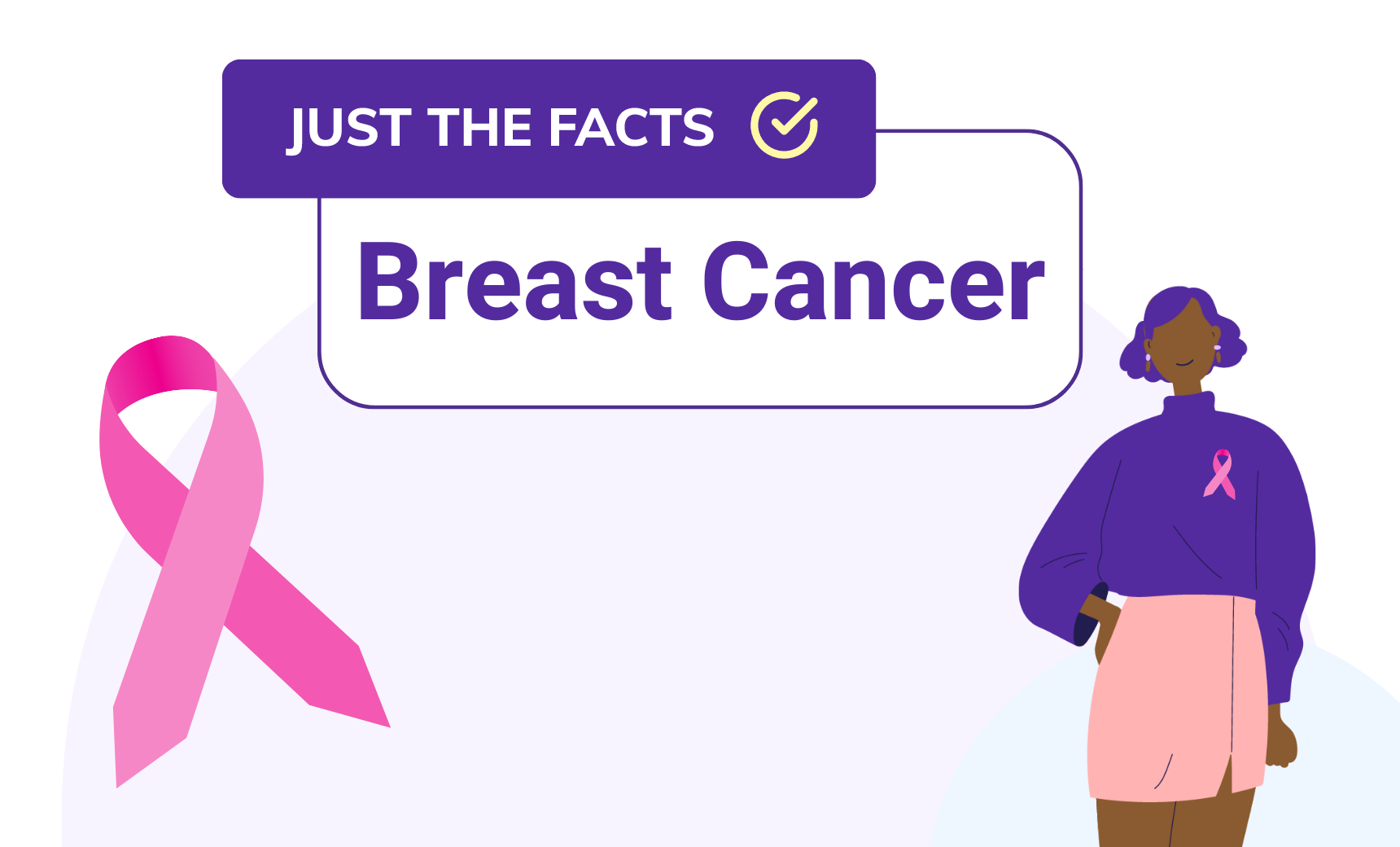
Why Scientists Are Studying if Hydroxychloroquine + Azithromycin Could Treat Coronavirus?
Hydroxychloroquine is an anti-parasitic medication useful in treating malaria. It is relatively inexpensive to make and well-tolerated by most patients for the most part; however, it poses serious side effects as do all medications do if taken without caution and the oversight of a doctor.
Cardiotoxicity and ventricular arrhythmias pose the most severe complication of the medication; however, clinicians on the front lines combating COVID-19 have been experimenting with medication to treat the unknown illness.
The primary source of death is not the virus itself but the vital organ complications it ensues. In the case of COVID-19, the primary complication is Acute Respiratory Distress Syndrome (ARDS).
ARDS is a restrictive lung disorder causing severe inflammation of the alveoli sacs preventing oxygenated blood from diffusing across cells as it usually should rightly. ARDS can lead to secondary bacterial pneumonia infections that can claim the life of its victims. That is the medical rationale why clinicians are combining Hydroxychloroquine with Azithromycin, aka The Z-Pack.
Hydroxychloroquine + Azithromycin treatment therapy is as novel as the disease doctors are trying to combat on the frontlines. Thus far, it has been showing some promise to those suffering from COVID-19 despite limited studies.




Andy Alem
The LabFinder Editorial Team is behind The Illuminator and The Insider, LabFinder’s consumer and business blogs.
Dr.Robert Segal
Dr. Segal is CEO and co-founder of LabFinder, as well as a board-certified cardiologist. He began practicing medicine in 2002 and has founded several businesses, including Medical Offices of Manhattan and Manhattan Cardiology.